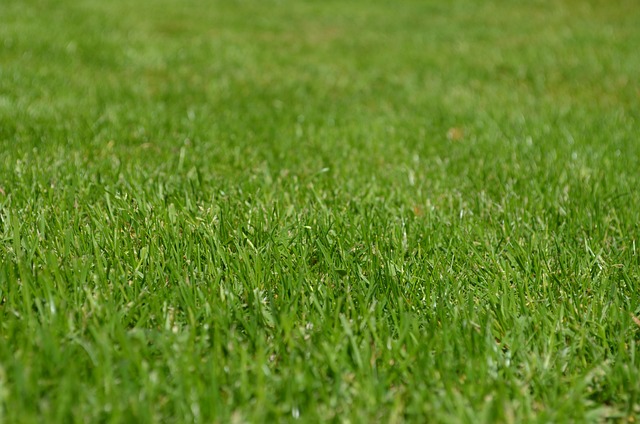Organic recycling, through proper Yard Waste Removal and Recycling, is a vital component of eco-friendly homeownership. Homeowners can reduce waste sent to landfills, minimize environmental impact, and contribute to healthier soil by composting organic materials like food scraps, garden trimmings, and leaves. Simple practices such as creating compost piles or using municipal collection services not only support sustainability but also offer cost savings on yard waste removal. This promotes a more sustainable lifestyle while educating families about eco-friendly habits.
In today’s eco-conscious world, adopting organic recycling practices at home is a powerful step towards creating a sustainable living environment. This comprehensive guide delves into the intricacies of organic recycling, specifically focusing on yard waste removal and its numerous benefits. From understanding the fundamentals to implementing effective strategies, homeowners can play a pivotal role in reducing waste, enriching soil fertility, and contributing to a greener planet. Explore practical tips for efficient yard waste management and unlock the advantages of a more eco-friendly home.
- Understanding Organic Recycling for Eco-Friendly Homes
- Yard Waste Removal: A Comprehensive Guide for Homeowners
- Benefits of Implementing Recycling Practices at Home
Understanding Organic Recycling for Eco-Friendly Homes

Organic recycling is a key component in creating an eco-friendly home, focusing on sustainable practices to reduce waste. By understanding organic recycling, homeowners can effectively manage yard waste removal and recycling, contributing to a greener environment. This process involves the decomposition of organic materials such as food scraps, garden trimmings, and leaves into nutrient-rich compost, which can then be used to enhance soil health and fertility.
For eco-conscious individuals, implementing organic recycling methods in their homes begins with separating organic waste from other types of garbage. Many municipalities offer programs for yard waste removal and recycling, providing convenient collection services that turn garden debris into valuable resources. Homeowners can also create their own composting systems, utilizing bins or piles to transform organic matter into compost over time. This not only reduces the amount of waste sent to landfills but also fosters a sustainable lifestyle by closing the loop on natural resources.
Yard Waste Removal: A Comprehensive Guide for Homeowners

Many homeowners often overlook the potential environmental impact of their yard waste. Proper removal and recycling of this material, however, can significantly contribute to an eco-friendly home and a healthier planet. Yard Waste Removal is not just about aesthetics; it’s a crucial step in reducing landfill contributions. Organic materials like grass clippings, leaves, and garden trimmings, when composted, become a valuable resource for nourishing soil and supporting plant growth.
For efficient Yard Waste Removal and Recycling, homeowners should consider implementing simple practices. Start by creating a compost pile or bin, utilizing kitchen scraps along with yard debris. This process reduces waste volume and generates nutrient-rich compost that can be used to enhance garden beds and houseplants. Alternatively, many municipalities offer yard waste collection services, ensuring proper recycling and disposal of organic materials.
Benefits of Implementing Recycling Practices at Home

Implementing recycling practices at home offers numerous benefits, both for your household and the environment. One of the most direct advantages is the reduction in yard waste removal costs. By composting organic materials like food scraps and garden waste, you can significantly decrease the amount sent to landfills, thereby lowering disposal fees. Additionally, recycling and repurposing items at home contributes to a more sustainable lifestyle and helps minimize the environmental impact of waste generation.
These practices foster a connection with nature as you become more mindful of the resources used in daily life. It’s an opportunity to educate yourself and your family about the importance of eco-friendly habits. Moreover, recycling can lead to creative solutions, such as using repurposed materials for art projects or home improvements, further extending the lifespan of various items and reducing the demand for new resources.
By implementing organic recycling practices, homeowners can significantly reduce their environmental footprint. Integrating yard waste removal methods not only minimizes landfill contributions but also fosters a healthier, more sustainable lifestyle. The benefits of recycling at home extend beyond ecological preservation; they empower individuals to take charge of their eco-friendly homes and contribute to a greener future for all.














